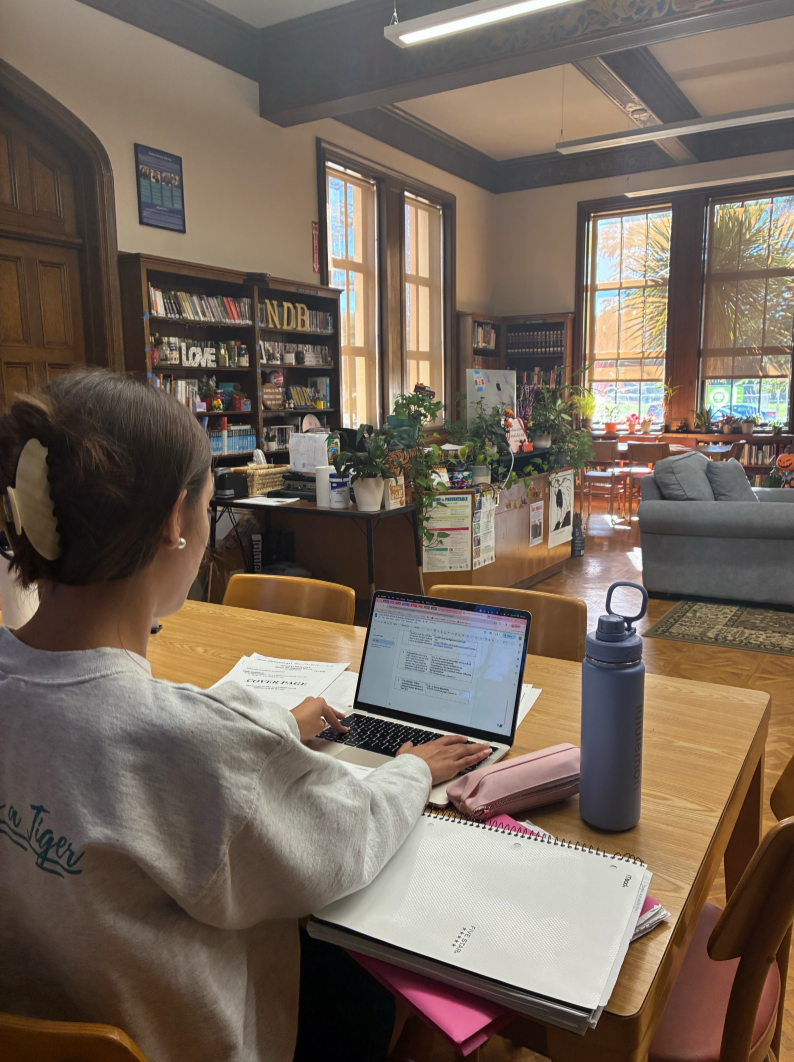I have about a dozen grandmas and grandpas…not biologically but morally. This summer, I started working as a volunteer for a memory care community, helping elderly patients affected by dementia. What started as a service hour requirement quickly became a daily necessity, making me feel fulfilled in life. And after months of helping out, here’s what I learned:
There are two sides to dementia, the negative and the positive. Negatively, those affected with the ailment feel stuck. They do not have the independence to leave the home, nor can they remember certain aspects of their life, making them easily irritable and prone to mood swings.
Sometimes, residents feel like they are still living in the past. Individuals may believe that they are still in high school and need to get to class or that they are at work and have important responsibilities to maintain.
The best way to respond to these situations is to go along with the scenario. By contradicting their feelings, they may become frustrated or agitated. Therefore, the best method is to comfort them by saying, “I hope you have lots of fun today,” or try to subtly change the topic like, “English is my favorite subject, what about you?”

Dementia also affects more than past experiences; it can also impact coordination, making individuals forget how to walk or eat. Some patients cannot feed themselves, nor do they know how to swallow, making them more dependent on caregivers.
While Dementia is a devastating disease that impacts a person’s quality of life, there are a few positives that I like to focus on.
Residents with memory decline are more likely to appreciate the small and simple moments of life. Each time I visit, I learn something new about the world we live in.
One of my many “grandmothers” loves nature. Every time we go on a walk or look outside the window, she reminds me of how beautiful the world is. She pays attention to the trees that surround the facility and the blossoming flowers that border the lawn. She taught me that life is too short to stay inside, regardless if the weather outside is windy or cold.
Another lesson I learned from one of my “grandfathers” is about storytelling. Even with dementia, he loves talking about the past and telling me about his car collection. He knows how to make people listen with one of his extravagant stories. My favorite anecdote he told me was when a local police officer pulled up next to him when he was a teenager and raced him down the street, all while his dad was next door mowing the lawn.
Patience and empathy are key to maintaining a positive friendship with memory care patients, regardless of their dementia stage.
The last piece of advice I’d like to offer up for those interested in volunteering with memory ailments is to prioritize your mental health.
Sometimes caregivers or volunteers can become too invested in the patients, feeling guilty or burnt out. It is important to keep a balance between school, social life and volunteering. Take breaks in between shifts by hanging out with friends, doing something for yourself or getting adequate sleep.
Volunteering with dementia patients is one of the most rewarding opportunities in life. You learn the value of storytelling, the simple joys in life and empathy for others. These tools support you in the long run, making you prepared for anything that comes your way.










